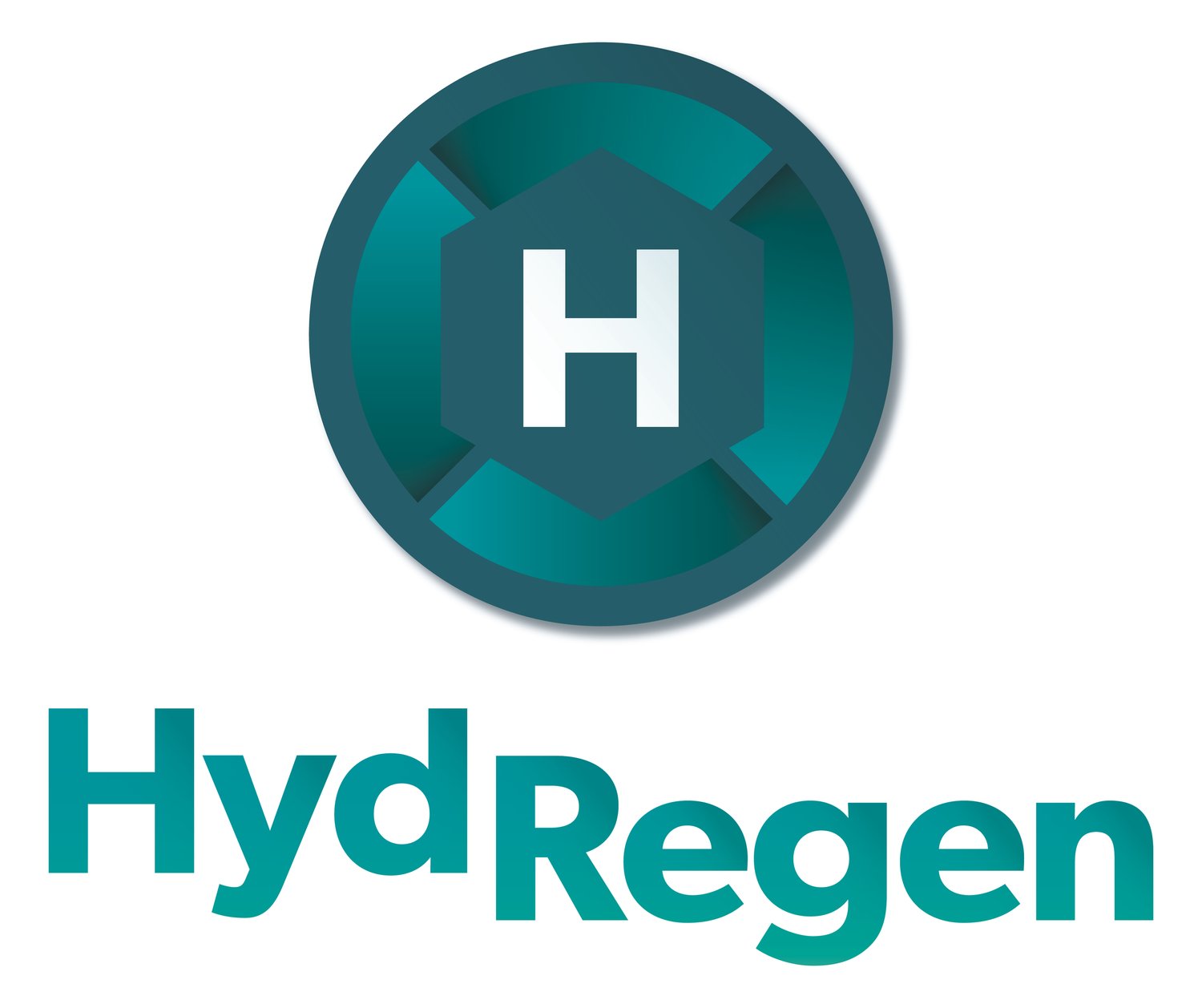The Growth Strategy Series: A Closer Look at Yinqi’s Journey
At the core of HydRegen's mission to make chemical manufacturing safer and more sustainable lies a team of exceptional scientists dedicated to pushing the boundaries of biocatalysis. Among them is Yinqi, a biologist whose journey into the field has been driven by a passion for understanding and transforming the natural world.
A Passion for Science and Innovation
Yinqi’s fascination with the natural world has fuelled both her educational and professional pursuits, bringing her into the world of biocatalysis and HydRegen.
With a PhD in Biotechnology from Delft University of Technology and a Master’s in Bioengineering and Biotechnology from East China University of Science and Technology, Yinqi’s academic and research background is not only impressive but a perfect fit for HydRegen’s mission.
Driving Innovation in Biocatalysis
Bringing a wealth of knowledge in enzyme characterization, protein engineering, and reaction engineering, Yinqi’s expertise directly supports and enhances our critical technology pathways. Moving forward, her focus will be on tackling key challenges in our NAD+ reductase project:
Improving Enzyme Expression: Enhancing activity and protein yield for the H2BioCat product.
Scalability: Ensuring enzyme production processes are viable on a commercial scale.
Cost Reduction: Developing strategies to lower production costs and increase efficiency both upstream and downstream.
Yinqi’s decision to join HydRegen was influenced by the company’s commitment to sustainable and innovative biocatalytic solutions; a vision she believes has significant potential to drive the chemical industry to becoming more sustainable.
The Power of Collaboration
Since joining HydRegen, Yinqi has seen firsthand the power of teamwork in scientific research and witnessed the value of diverse perspectives and collective expertise in achieving robust and creative solutions. The dynamic work culture, opportunities for professional growth, and focus on fostering innovation which we work so hard to create at HydRegen perfectly align with her values and offer an ideal environment for her to make impactful contributions.
Beyond her technical work, Yinqi plays a crucial role in maintaining a well-organised and efficient work environment, from drafting Standard Operating Procedures (SOPs) to purifying and analysing products.
Looking Ahead: Goals and Growth
In the fast-paced world of biotechnology, ongoing learning and skill development is crucial and is an area that Yinqi thrives in. In the short term, Yinqi plans to explore innovative strategies to enhance enzyme expression and help create a more intuitive dashboard for fermentation data.
Over the coming year, her objectives include further scaling and improving enzyme production, pursuing professional development courses, and advancing her knowledge in programming and related areas.
A Message for Aspiring Scientists
For those considering a transition from academia to a startup environment, Yinqi offers valuable advice. Emphasising the need to embrace a fast-paced, goal-oriented approach and to be prepared for the challenges that come with limited resources. However, she also highlights the exciting opportunities for broader skill development and the potential for making a significant impact. Moving from academia to a startup can be an exciting and rewarding transition, but it comes with its own set of challenges and opportunities.
Final Thoughts
Yinqi’s journey at HydRegen exemplifies the importance of having team members who bring both expertise and a broad skill set to the table. Her contributions not only advance HydRegen’s technical objectives but strengthen diversity for innovation.
As HydRegen continues to innovate and grow, team members like Yinqi are essential to the company’s success, driving the groundbreaking technologies that will shape the future of sustainable chemistry.


